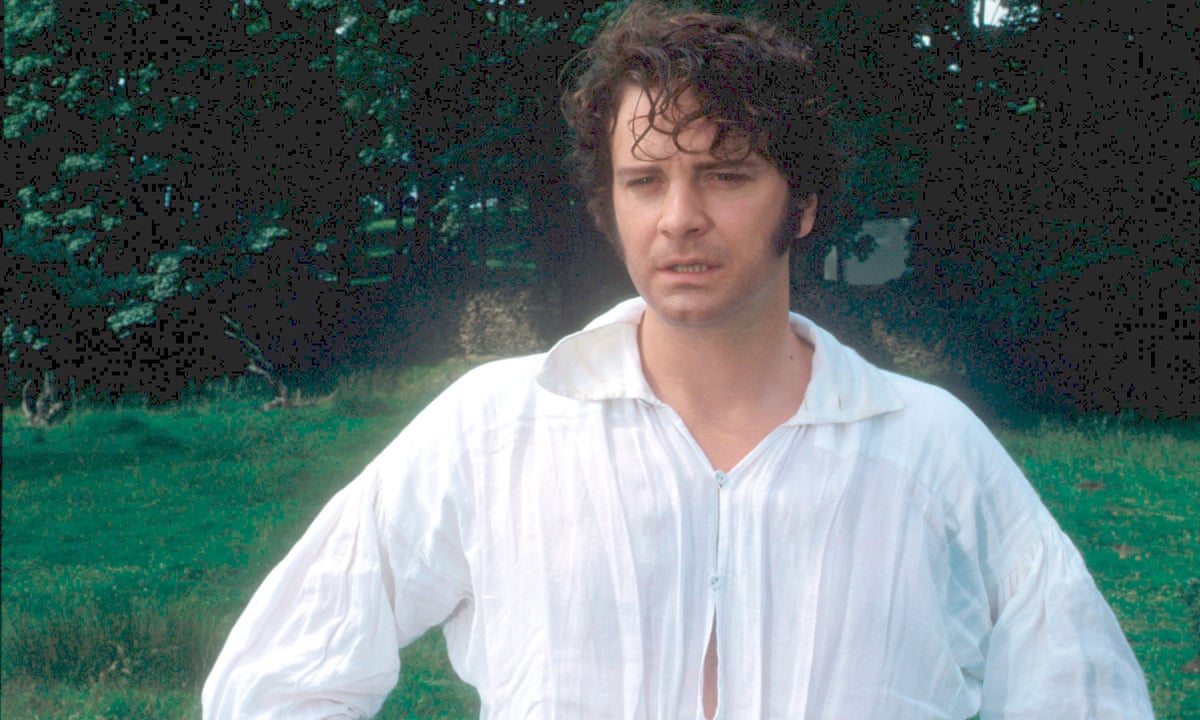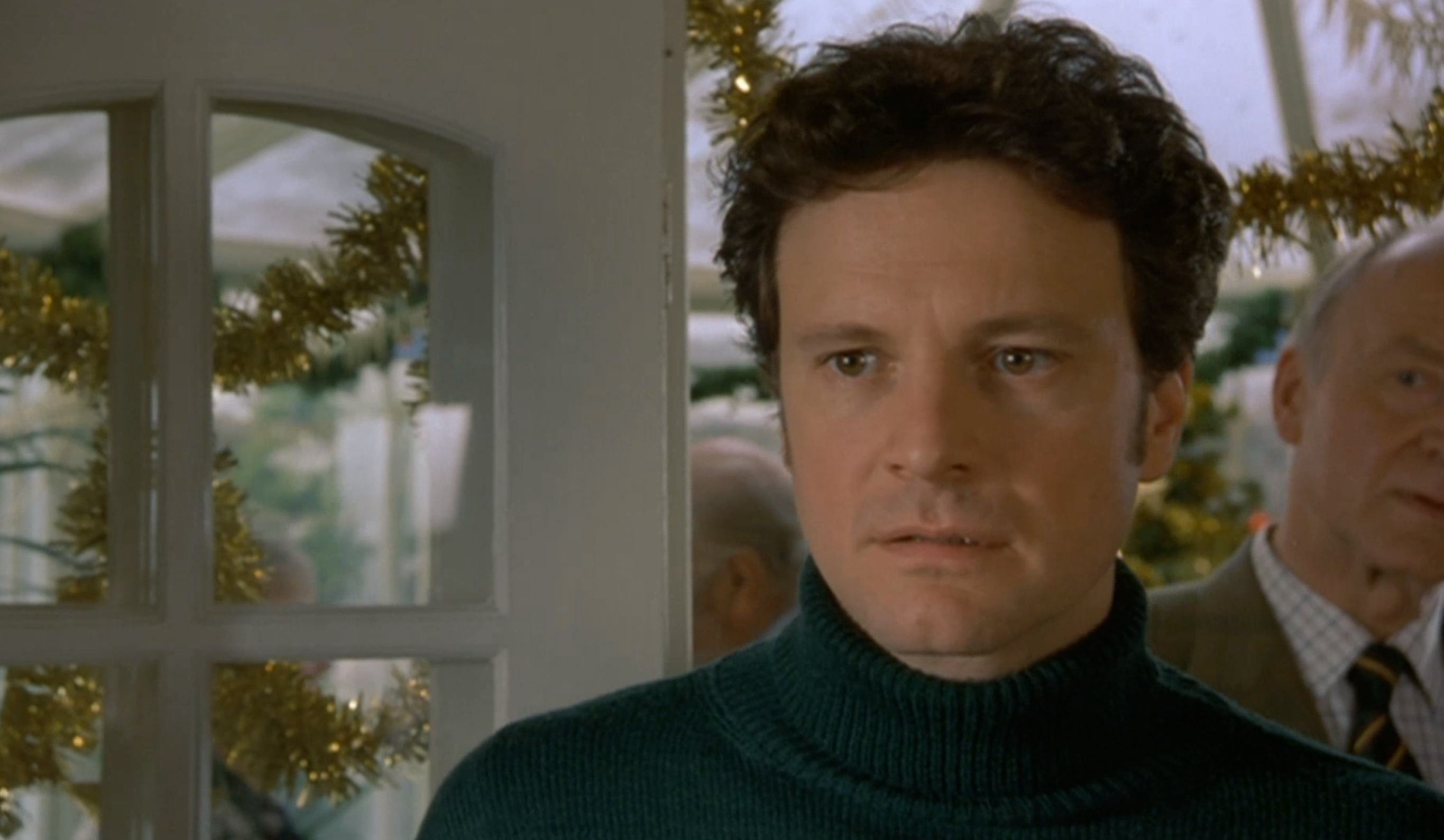Classic literature may not introduce any new ideas that wouldn’t be present in modern books, but it explores these topics for the very first time. It is the source of motifs and archetypes that keep appearing over the ages in various forms of art. It means that if we want to properly understand contemporary world, we need to read classics and recognize correlations between different texts.
Sometimes modern works openly refer to a certain classic – regularly mentioned example of Bridget Jones series whose author, Helen Fielding, decided to name one of her characters after Mr. Darcy from Austen’s Pride and Prejudice. Other books inspire future texts in a slightly subtler way by providing specific topics and ideas – Cast Away directed by Zemeckis presents a very similar concept to Defoe’s Robinson Crusoe.


Of course, we do not need to see the correlations between texts to understand them on a basic level, but they add layers of interpretation for an aware viewer – for example, noticing the analogy between names of main characters of American Beauty and Nabokov’s Lolita allows to recognize a wider range of meanings in Mendes’s film.
A more apparent aspect of classics is that they illustrate the past and can prove to be more helpful in terms of understanding it than strictly historic books. I don’t encourage you to treat fiction books as a source of historic knowledge, but they can turn out useful if aiming to understand certain societal attitudes. No scholarly work allowed me to imagine the times of libertinism in France as did Dangerous Liaisons by De Laclos. Yet, I noticed that this very aspect of classics – presenting past views – is a reason why some people turn them down.
Yes, classic literature remains the testimony of shameful parts of our history, as it is often sexist or racist, but forgetting about the inglorious past doesn't seem to serve anyone. Reading books, however, can help to recognize the problems and lead to valuable discussions. We need these conversations to grow as a society.
Yet, I encourage not to treat the established position of classics as something that should prevent any constructive critique. The very fact that they were written a long time ago and managed to remain in public awareness through all these years doesn’t automatically make them good and certainly doesn’t mean that they’re better than modern books. Contemporary literature may lack the context of history and repeat already mentioned ideas, but it is still valuable if only because it shows how our perception of the world has changed.
I admit, though, that it might be more difficult to find an excellent modern book than a well-written classic, since we are drowning in new releases. That still doesn’t change the fact that there are brilliantly crafted contemporary books.
I can’t help to wonder which of them in 100, 200 years will be considered as classics of the late XX and the early XXI century.
That being said, I would like to underline that no one ought to feel guilty about not reading or not enjoying classic literature. It should be obvious (and I hope it is) but I have the impression that there is some pressure to treat books as a high, sophisticated form of art. In fact, they can just serve as great entertainment and there is absolutely nothing wrong with that approach.
Featured Image: Penguin Classics on Facebook